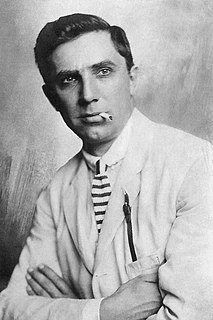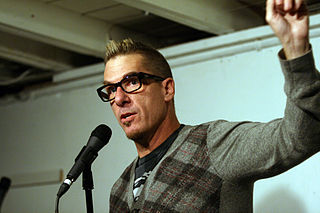A Quote by Ellen Hopkins
Because to tell you the truth, most of the time dying seems pretty much like my only means of escape
Related Quotes
I have a hard time with historians because they idolize the truth. The truth is not uplifting; it destroys. I could tell most of the secretaries in the church office building that they are ugly and fat. That would be the truth, but it would hurt and destroy them. Historians should tell only that part of the truth that is inspiring and uplifting.
Truth is always here. That's the only way truth can be. Truth cannot be anywhere else. The only time it can be is here, and the only place it can be is now. But the mind is never here and is never now. Hence, mind and truth never meet. The mind goes on thinking about truth, and the truth goes on waiting to be realized, but the meeting never happens. The meeting is possible only if mind stops functioning, because mind means the past, mind means the future. Mind is never here-now. Whenever you start thinking, you are going astray. If you stop thinking, suddenly you are at home.
When I worked as a prosecutor in Richmond, Virginia in the 1990s, that city, like so much of America, was experiencing horrific levels of violent crime. But to describe it that way obscures an important truth: for the most part, white people weren't dying; black people were dying. Most white people could drive around the problem.
How forthright does the audience want the broadcasters to be? Because when you tell your truth, there's a lot of anger that comes out. I think it's a good question to ask TV people [executives] too. How much truth do they want to be told? How much truth does the league want told? Because the truth isn't just a positive truth. If you're going to tell the truth, you would be telling a lot of positive and some negative.
"Don't believe me, don't believe yourself, and don't believe anybody else." Don't believe me, because what I say is only truth for me. Don't believe yourself, because most of the time what you tell yourself is only truth for you - especially when you tell yourself that you're not good enough, you're not intelligent enough, you're not beautiful enough - when you reject yourself before anybody else can reject you. And don't believe anybody else, because what they say is only truth for them.
Sometimes I don't tell the truth, which is telling the truth about not telling the truth. I think people don't tell the truth when they're afraid that something bad's going to happen if they tell the truth. I say things all the time that I could really get into trouble for, but they kind of blow over.






































